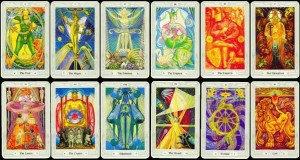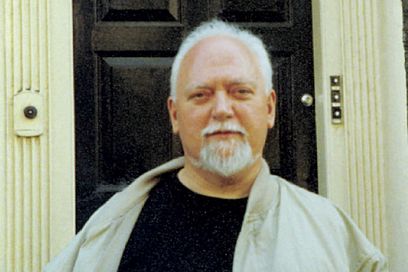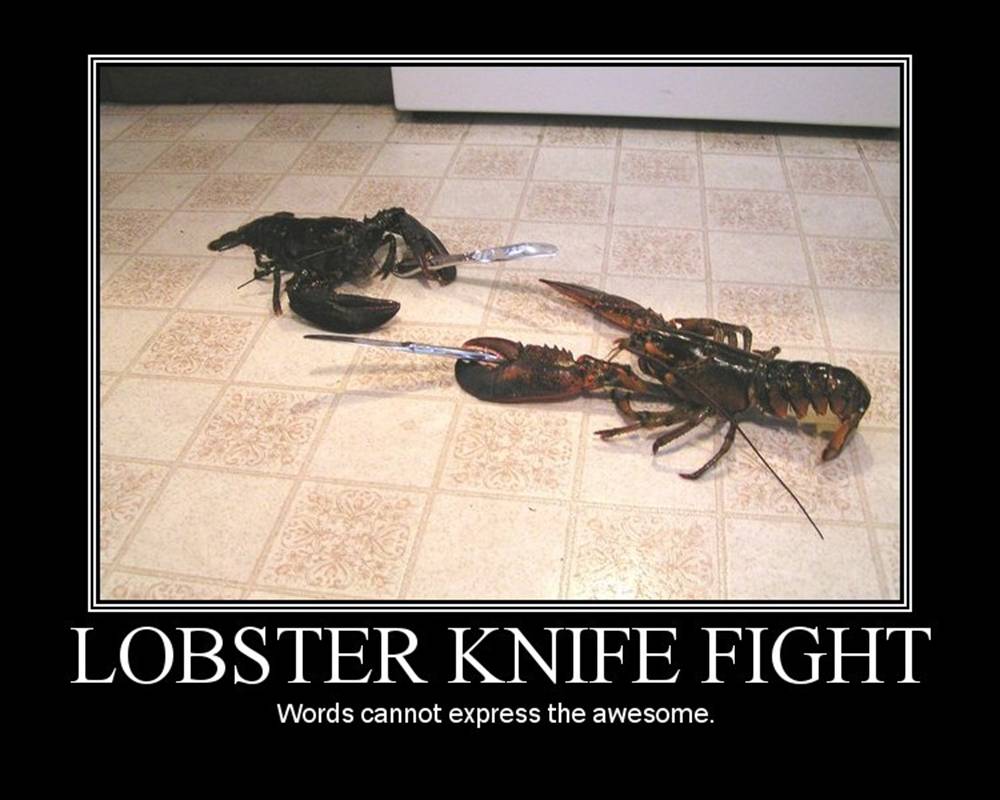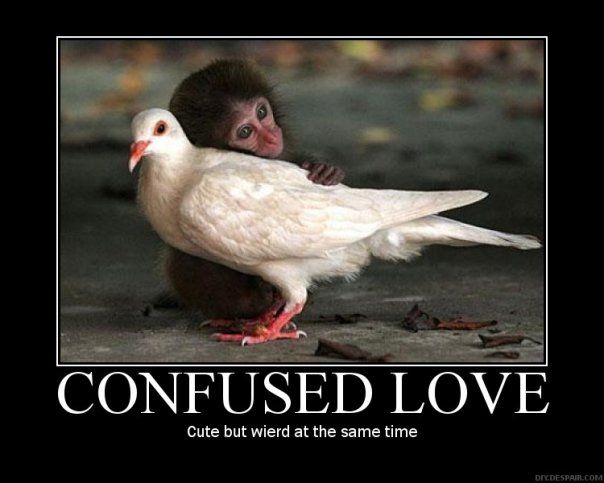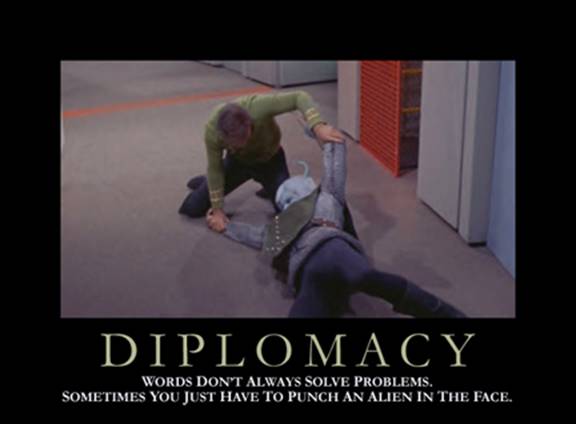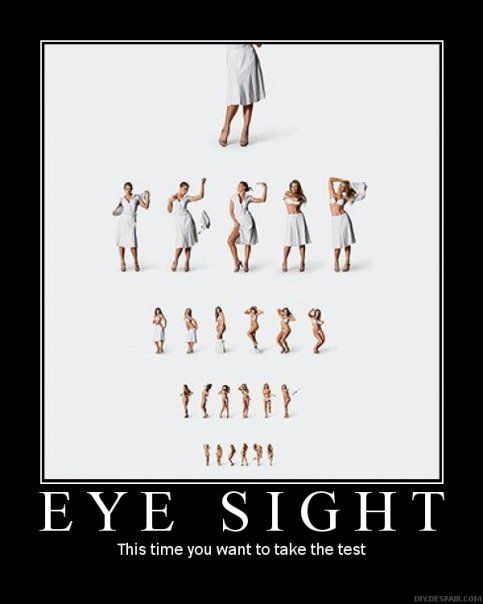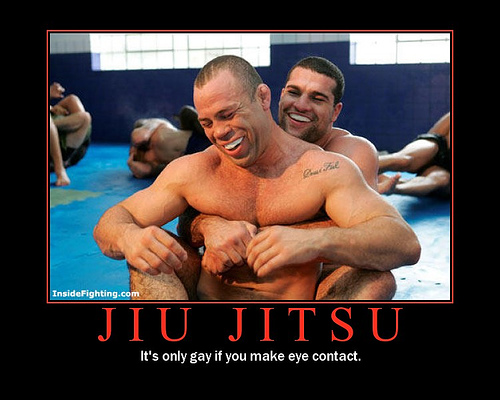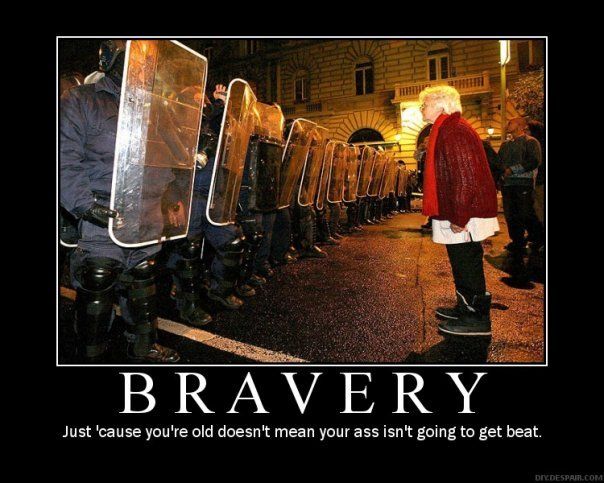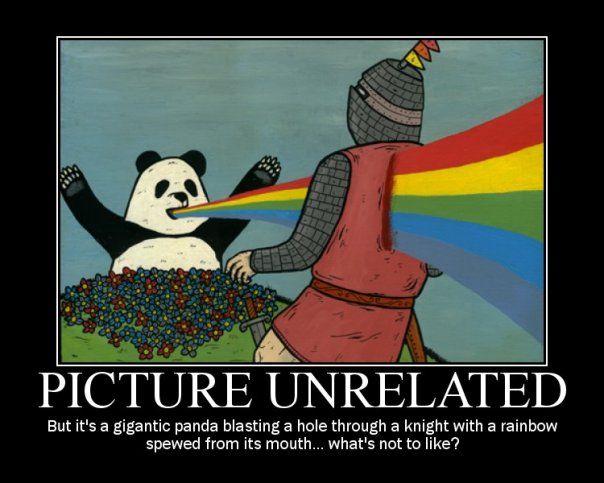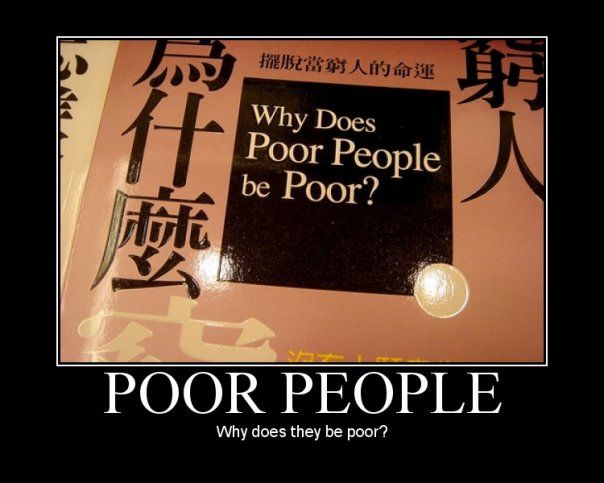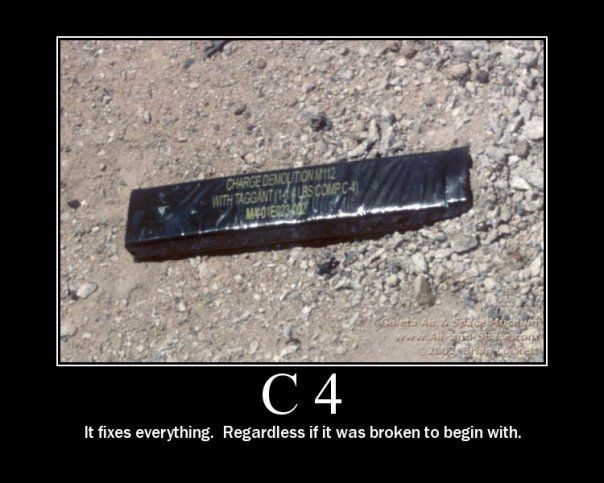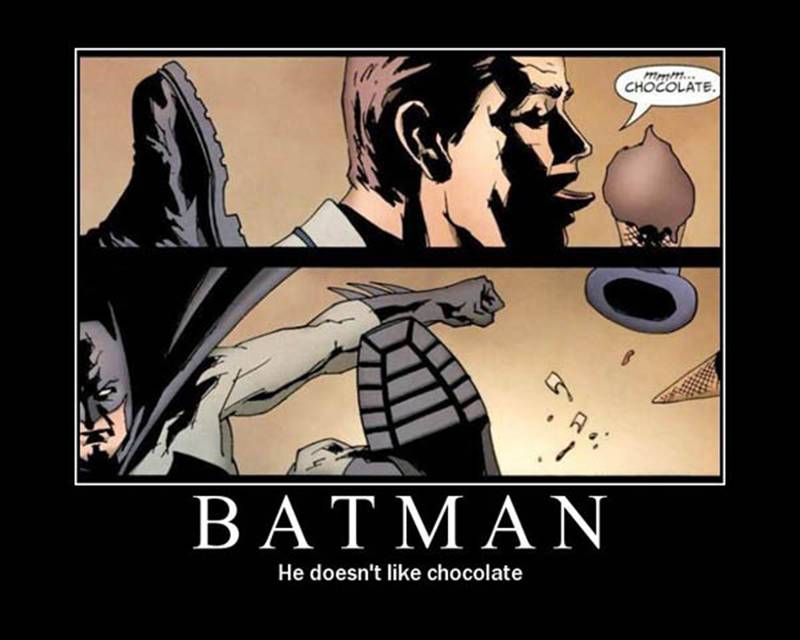WAR: SOME POCKET PARADIGMS
Sam Smith
War is the joint exercise of things we were trained not to do as children.
War is doing things overseas that we would go to prison for at home.
Anyone can start a war. Starting a peace is really hard. Therefore it is much harder to be a peace expert than a war expert.
The media treats war as just another professional sport.
War has rules, which means that we can change the rules.
Murder, rape and slavery still exist. But that doesn’t mean we shouldn’t have banned them. The same is true of war.
Telling a country we won’t negotiate with it until it does what you want is like saying you won’t play a game unless you are allowed to win.
There is no evidence that supporting war, or telling presidents to do so, improves your testosterone level, so Ivy League professors are better advised to stick to tennis.
There is one way to deal with guerilla warfare and that is to resolve the problems that allow it to thrive. The trick is to undermine the violence of the most bitter by dealing honestly with the problems and complaints of the most rational.
Of course, there can be peace with so-called terrorist organizations; it’s just a matter of whether one waits the better part of a century, as the British did in Northern Ireland, or whether you start talking and negotiating now.
Three thousand people is, of course, far too many to die for any reason. But it is also far too weak an argument for the end of democracy.
Peace is a state of reciprocity, of trust, of empirically based confidence that no one is about to do you in. It exists not because of intrinsic goodness or rampant naivete but because of a common, implicit understanding that that it works for everyone.
Implicit in the “what about their violence?” argument is the idea that what we do wrong is excusable because it has been matched by the other side. Of course, the other side sees it the same way so you end up with a perfect stalemate of violence. When I raised a similar argument as a kid, my mother’s response was, “If Johnny were to jump off a cliff, would you jump off a cliff, too?” I never could come up with good answer to that and so eventually had to concede that somebody else’s stupidity was not a good excuse for my own.
From the moment we commence a moral intervention we become a part of the story, and part of the good and evil. We are no longer the innocent bystander but a full participant whose acts will either help or make things worse. Our intentions become irrelevant; they are overwhelmed by the character of our response to them. The morality of the disease is supplanted by the morality of the cure. In fact, every moral act in the face of mental or physical injury carries twin responsibilities: to mend the injury and to avoid replacing it with another
One of the reasons America is in so much trouble is because it happily makes all sorts of compromises in order to get along with large dictatorships such as Russia and China, but thinks it can handle smaller operations like Hamas, North Korea, and Iran by simple obstinacy and belligerence. In other words, it is happy to talk with big terrorists, but not little ones. In fact, most of these small entities – and those who lead them – suffer from extreme inferiority complexes. By threatening war, imposing massive embargos and so forth, America merely feeds the sense of persecution and encourages the least rational reaction. A more sensible approach would be to constantly negotiate with these leaders and edge them towards reasonable participation in world affairs.
Imagine if we had told Israel and Palestine a few years ago that if they would just make nice we would give them enough money to equal Israel’s GDP for one year and Palestine’s for three. Take the time off, go to the Riviera or the Catskills, forget about productivity, and just party on thanks to the American taxpayer. Or if Israel and Palestine wanted to be really sensible, they could have invested in their countries’ future instead. Think how much safer we would be today. . . But where would such a large sum of money come from? Well, all we would have had to have done was to cancel the invasion of Iraq and used the money as a carrot rather than as a bludgeon. For that is just what it has cost us so far. (2007)
The people who built castles and walled cities and moats are all dead now and their efforts at security seem puny and ultimately futile as we visit their unintended monuments to the vanity of human presumption. Like the castle-dwellers behind the moat, we are now spending huge sums to put ourselves inside a prison of our own making. It is unlikely to provide either security for our bodies nor solace for our souls, for we are simply attacking ourselves before others get a chance.
Empires and cultures are not permanent and while thinking about the possibility that ours is collapsing may seem a dismal exercise it is far less so than enduring the dangerous frustrations and failures involved in having one’s contrary myth constantly butt up against reality – like a boozer who insists he is not drunk attempting to drive home. Instead of defending the non-existent, we could turn our energies instead towards devising a new and saner reality.
Places like Harvard and Oxford – and their after-school programs such as the Washington think tanks – teach the few how to control the many and it is impossible to do this without various forms of abuse ranging from sophism to corporate control systems to napalm. It is no accident that a large number of advocates of war – in government and the media – are the products of elite educations where they were taught both the inevitability of their hegemony and the tools with which to enforce it. It will, therefore, be some time before places such as Harvard and the Council on Foreign Relations are seen for what they are: the White Citizens Councils of state violence.
Castro, in his early days, spoke at the UN. But the hotels of New York refused him space. The result: Malcolm X found him a hotel in Harlem and a key early step was taken in the alienation of a man who, with just a little respect and effort, might not have tormented every American president since by refusing to die or fade away. Respect is important because it is a door wide enough for peace to enter. We need to try it more often.


